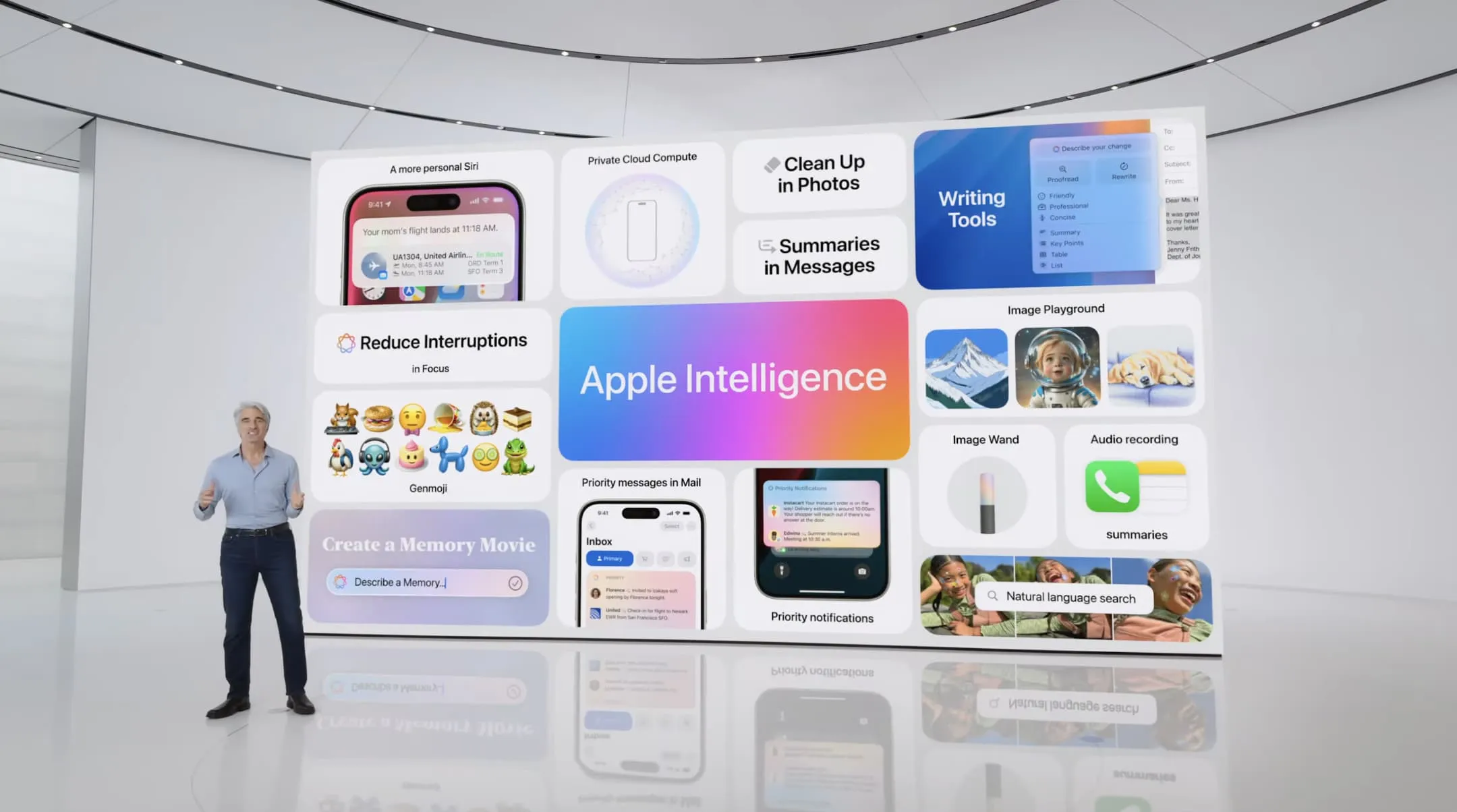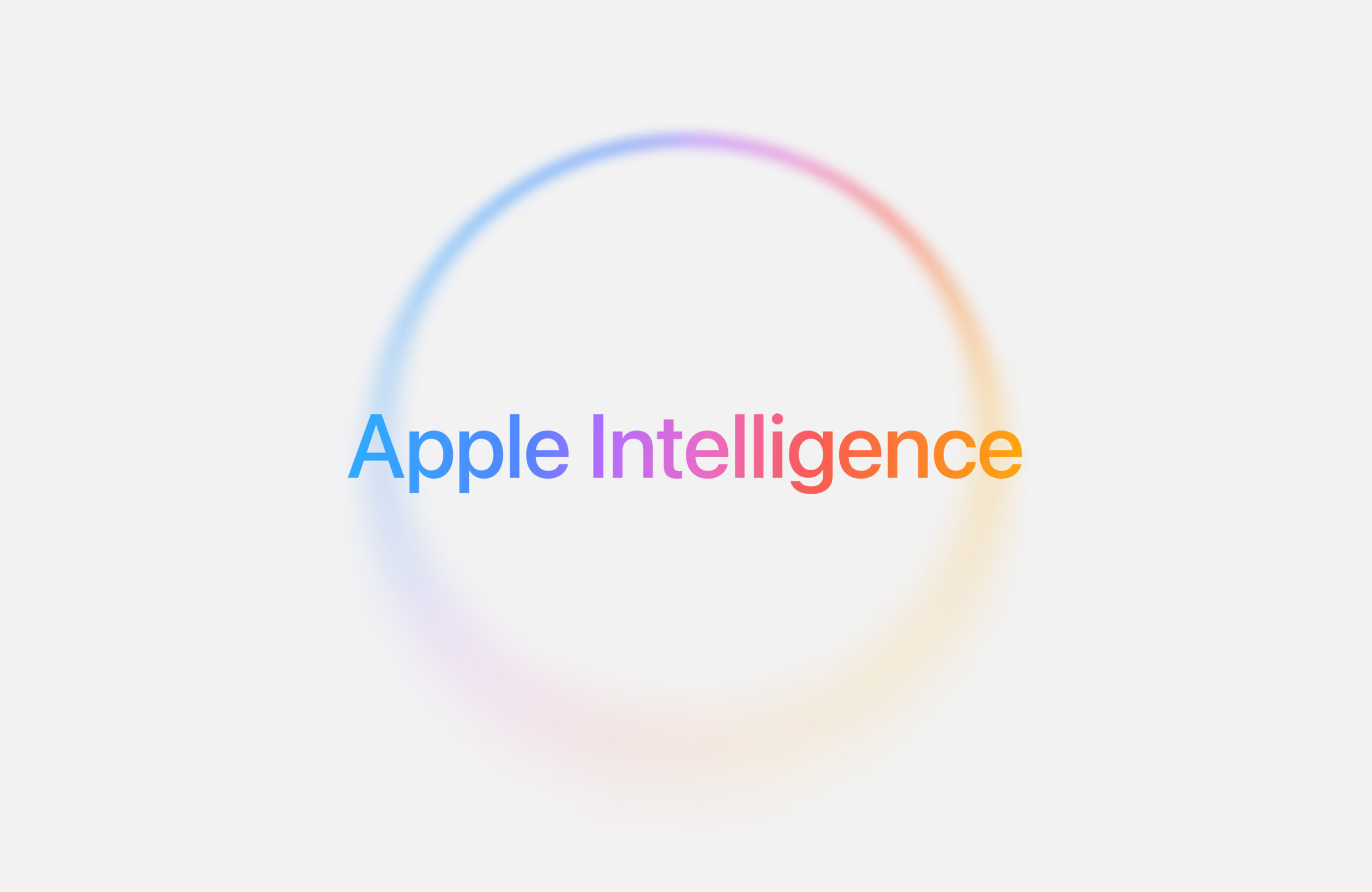The buzz surrounding Apple Intelligence has been significant, but recent analysis suggests its immediate impact on iPhone sales and service revenue might be less dramatic than initially anticipated. While the long-term potential remains promising, the initial rollout and user adoption haven’t yet translated into a surge in device upgrades or a noticeable boost in service subscriptions. This raises questions about the current perception and future trajectory of Apple’s AI ambitions.
One key factor contributing to this subdued initial impact is the staggered release of Apple Intelligence features. The delay between its initial announcement and the actual availability of key functionalities, even after the iPhone 16 launch, seems to have dampened user enthusiasm. This phased approach, with features like Writing Tools arriving in October, and Image Playground and Genmoji not until December, created a fragmented experience and may have diluted the initial excitement. Furthermore, comparisons to established cloud-based AI services like ChatGPT have highlighted the need for Apple Intelligence to demonstrate clear and compelling advantages to win over users.
Concerns have also been raised regarding the monetization of Apple Intelligence. While Apple CEO Tim Cook has indicated no immediate plans to charge for these features, speculation persists about potential future subscription models. This uncertainty could be influencing user perception and adoption, as some may be hesitant to fully invest in features that might eventually come with a price tag.
However, it’s crucial to acknowledge the long-term perspective. While the initial impact on hardware sales and service revenue might be limited, Apple Intelligence holds considerable potential for future innovation and user experience enhancements. The ongoing development and integration of new features, particularly those related to Siri, suggest a commitment to evolving and refining Apple’s AI capabilities.
The upcoming iOS 18.4 update, with its focus on Siri enhancements, represents a significant step in this direction. This update promises to bring substantial improvements to Siri’s functionality, including enhanced app actions, personal context awareness, and onscreen awareness. These advancements could transform Siri from a basic voice assistant into a truly intelligent and proactive digital companion.
The implications of these Siri upgrades extend beyond the iPhone. The Vision Pro, Apple’s foray into spatial computing, stands to benefit significantly from these enhancements. In the immersive environment of Vision Pro, voice interaction becomes even more crucial, and a more intelligent and responsive Siri could significantly enhance the user experience.
Early Vision Pro users have already discovered the importance of Siri for tasks like opening apps and dictating messages. The upcoming Siri upgrades in iOS 18.4, with their focus on contextual awareness and app integration, could unlock the true potential of spatial computing. Imagine seamlessly interacting with your digital environment simply by speaking, with Siri intelligently anticipating your needs and executing complex tasks. This vision of effortless interaction is what makes the future of Apple Intelligence, particularly within the context of Vision Pro, so compelling.
The journey of Apple Intelligence is still in its early stages. While the initial impact on iPhone upgrades and immediate revenue streams may not have met initial expectations, the ongoing development and integration of new features, particularly those focused on Siri, signal a long-term commitment to AI innovation.
The Vision Pro, with its reliance on intuitive voice interaction, stands to be a major beneficiary of these advancements, potentially transforming the way we interact with technology in a spatial computing environment. The true potential of Apple Intelligence may lie not in driving immediate sales, but in shaping the future of human-computer interaction.
Source/Via



